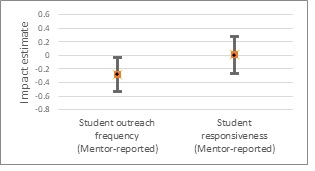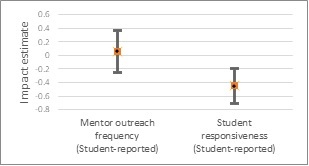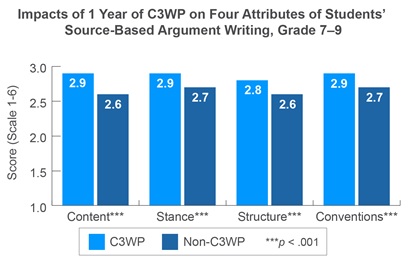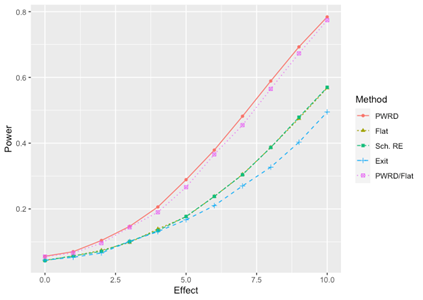Reading Aloud to Children, Social Inequalities and Vocabulary Development: Evidence from a Randomized Controlled Trial
The shared book reading intervention
We designed a four-month intervention that integrated a school-based book loan along with information on the benefits of shared book reading (SBR) for children and provided tips for effective reading practices. We did this using weekly flyers, a short phone call and six text messages sent to the parents. This intervention was aimed at fostering children’s language skills by enhancing the frequency and the quality of parent-child interactions around books. To assess the impact of this intervention, we used a randomized experiment, which involved a large, random sample of 4-year olds (N=1880) who attended 47 pre-primary schools located in the city of Paris. This evaluation design marks a significant improvement over previous studies in that the results are applicable to a much larger population. Our large sample size, sampling design and high participation rates of schools and families helped us achieve this outcome.
Important features of the SBR
Three features of this intervention are especially important. First, it was focused on accessibility of information messages for families with low education and an immigrant background. Second, the intervention has an intensive and continued format, aimed at fostering a persistent change in parenting routines. Third, its focus on parent-child interactions around books and the enjoyment of this activity for both parents and kids.




